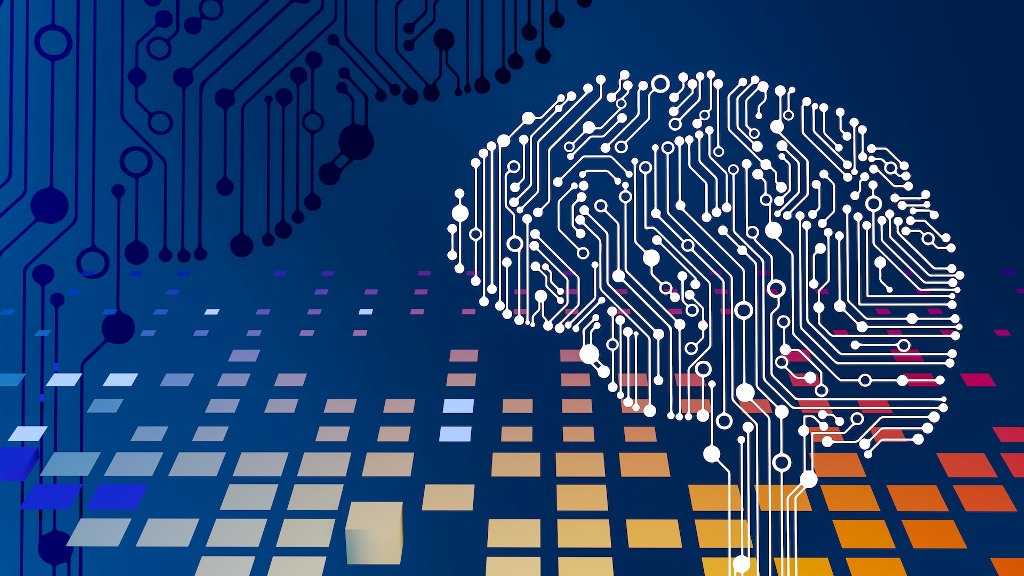AI for bookkeepers and accountants

AI is hot on the agenda at every accounting event right now. We’re seeing changes behind the scenes with the software we use, with numerous tasks being automated and much better real-time insights into financial data.
Here are some ways AI is reshaping the accounting profession:
Data entry
The biggest change right now is the potential for AI-driven software to simplify data entry by automating processes, reducing or even removing the need for manual data input. This saves time for bookkeepers and accountants like us, and minimises the risk of human error.
Improved accuracy
AI tools can identify discrepancies and inconsistencies and spot patterns in data - including financial data. AI has the potential to maintain and even improve levels of accuracy, giving us even better insight into your numbers and more opportunity to talk about what matters to you - reaching your goals, and the power of your numbers to allow you to do that, which leads us to…
Real-time insights
When we spend less time fussing with the accuracy because AI is doing that for us, we can quickly get stuck into the insights you need into your company’s financial health. This allows you to make informed decisions promptly.
Time efficiency
Automation of routine tasks frees up time for accountants and bookkeepers to focus on more complex financial analysis, scenario and strategic planning.
So, will it replace us?
You’ll notice that the role of AI as we see it is focussed on speeding up and improving the accuracy of what a bookkeeper or accountant would traditionally spend the majority of their time doing. And this is important to remember. I see AI as a valuable assistant, not a replacement. While AI is a transformative force in accounting, it is not poised to replace bookkeepers and accountants.
Here's why:
Human judgment
Accounting and bookkeeping often involves subjective decisions and judgment calls that AI simply cannot make. Human professionals will always be important for interpreting financial data, understanding the context within the specific business, and having real conversations with you, the business owner.
Relationships
At your bookkeeping practice name, earning your trust through real communication and relationships matters to us. When it comes to finances, you need somebody on your team to run queries past, and AI can’t replicate that. Data is data, but we’re here to address your concerns, know your goals and help you reach for them.
Adaptability
As humans, we can adapt quickly to unpredictable scenarios… if you remember everything the country went through during 2020, you’ll remember just how quickly we were able to interpret, respond to and implement every update from the Chancellor. AI may struggle to adapt to rapidly changing financial landscapes and handle unique, complex situations.
Security and ethical considerations
And this is the big one for us.
As accounting professionals, ensuring compliance with financial regulations, security of data, and maintaining ethical standards is crucial. We would never put your data at risk and we’re keeping a constant view of developments of the software we’re using and how they incorporate AI.
AI-based accounting software, when properly developed and implemented, can be highly secure. These accounting softwares often use encryption and other security measures to protect financial data. However, the level of security can vary depending on the software provider and the software configuration. We see this as a risk, and for this reason, only work with reputable software providers.
This topic is high on the agenda of every accounting and bookkeeping event, it’s an area that is moving fast and which we’re watching closely. If appropriate, share some information here about your policy on AI, or details of which tools in your business use AI.
Conclusion
While AI is reshaping the accounting profession by enabling software to automate some tasks and provide better insights into patterns and inaccuracies, AI is not poised to replace bookkeepers and accountants. AI should instead be seen as an assistant that will enhance services in the future allowing us to give you better data and insights, but the vital human touch is still crucial.
The future of accounting and bookkeeping is certainly a relationship between human expertise and AI innovation, bringing the best of both worlds, but you can rest assured, that we’ll always be here.
